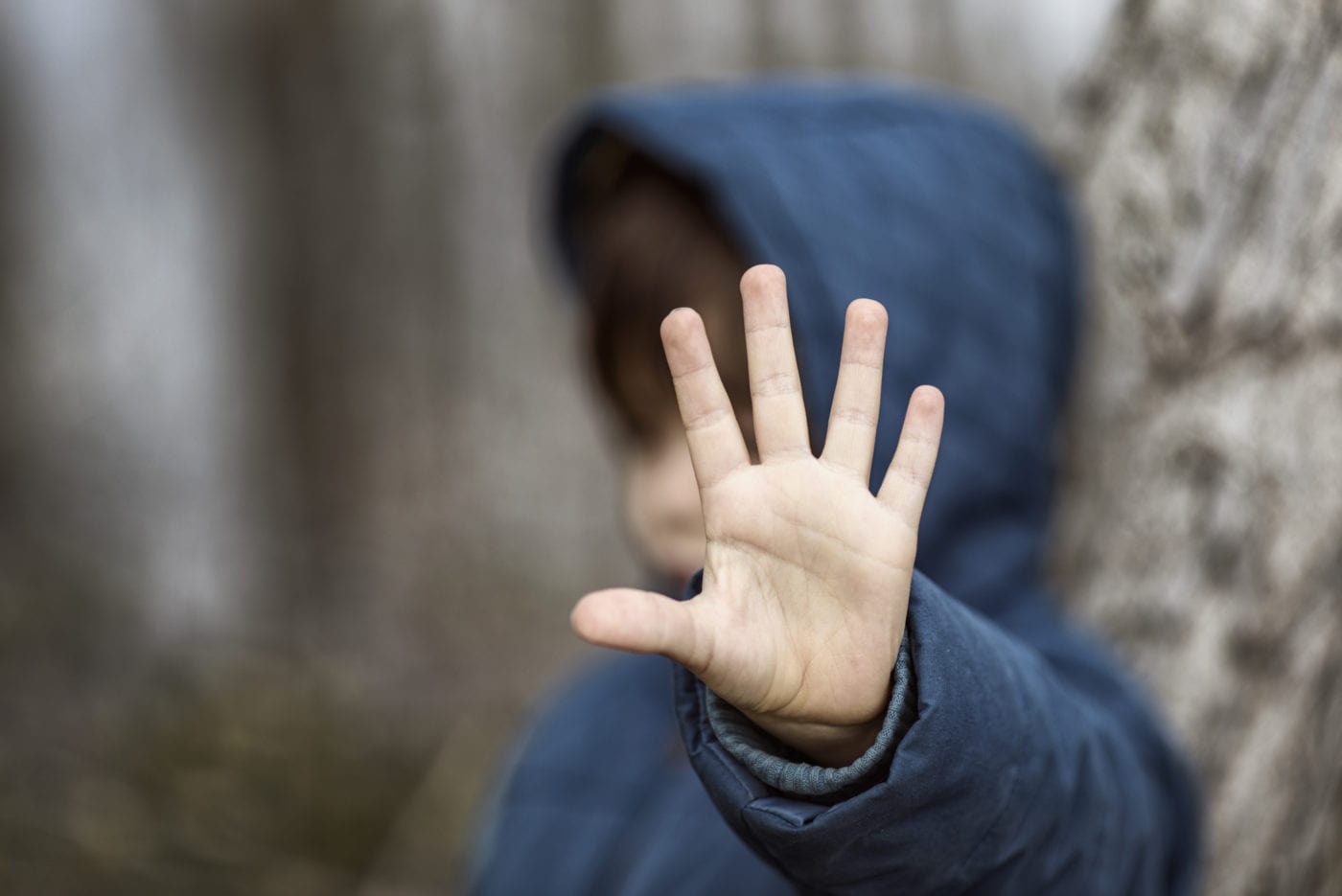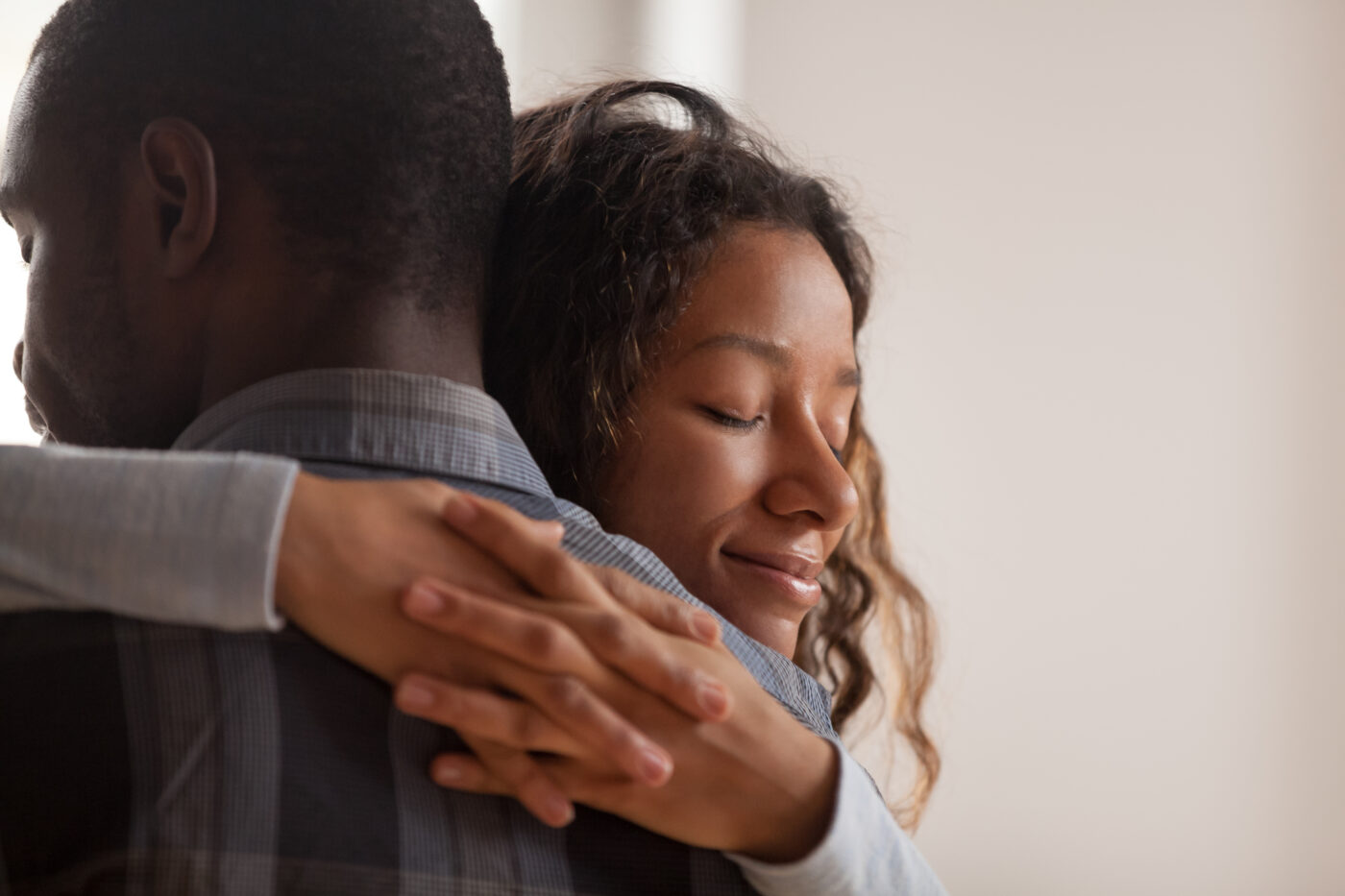In my work, there is one thing people complain about overwhelmingly more than anything else: other people. Whether it’s family members, coworkers, bosses, or neighbors, people frustrate us more than any other things frustrate us. Why is that?
Well, it’s probably because we like to be in control. We like to be able to predict outcomes. We work hard to ensure that our worlds are neat and in order. Also, we think we’re pretty special and that our ideas are basically always correct. Unfortunately, other people are messy, sometimes selfish, often act in unpredictable ways, and rarely agree with us. The result? It’s easy to hate people. And when we do, not only do we do so to our own detriment, but we also inadvertently teach our kids some destructive lessons. Here are 5 of them.
1. Love is an emotion.
How you feel about others is incidental to whether or not you should love them. This, however, is not how many of us think about love. Instead, we love others only if and when we feel like it. But I would argue that that’s a relatively narrow and modern take on love. True love is about putting the good of another ahead of your own desires. Love works for the good of the other because we believe that the highest good involves the flourishing of all people. I can’t truly thrive when my neighbor suffers. By hating others, we teach our kids that they have to wait until they feel a certain way to work for the good of others.
2. Forgiveness must be earned.
One of the most beautiful experiences in life is unmerited grace: when someone gives us a good thing that we don’t deserve. When we hate, we believe we’re giving someone what he or she deserves. We irrationally assume that by holding on to our anger and resentment, we are punishing the person for some real or perceived slight. However, the opposite is actually true. We are punishing ourselves by becoming bitter and resentful, all the while withholding the gift of unmerited grace. By hating others, we teach our kids to settle for a life of bitterness and gracelessness.
3. It is possible for you to know the whole story.
Talk to anyone who hates another person and there is generally an inciting incident followed by a narrative that he or she has developed that explains said incident. The problem is that this narrative is often filled with interpretive leaps. We don’t know exactly why our mother-in-law said that passive-aggressive thing, but we’re pretty sure it’s because she just wants to control us. I don’t know why my boss is so prickly, but I’m pretty sure he thinks he’s better than me. Hate is often the product of a story we tell ourselves that is full of assumptions. The truth is, you really don’t know, and if you did, you might see things a bit differently. By hating others, we teach our kids to arrogantly assume they know the whole story—which is impossible.
4. Other people can control you with their actions.
No one wants to hate anyone. Therefore, to hate is to choose a path that you don’t want based on the actions of others. You are letting them control you. Teach your kids that you don’t have to allow others’ actions to control your emotions. You can set boundaries to protect yourself without allowing someone to alter your emotional state. By hating others, we teach our kids they are powerless to control their own emotional well-being.
5. “Us” and “them” is the only way to truly see the world.
Hatred breaks us up into people like us (whom we like) and people not like us (whom we hate). And herein lies the justification for any number of horrific actions across the millennia. Want to get people to be willing to kill another group of people? Teach them to hate those who are not like “us.” Hate teaches our kids that certain people are somehow less than us. It dehumanizes others and, in turn, dehumanizes us.
Martin Luther King, Jr. summed it up well:
Have we not come to such an impasse in the modern world that we must love our enemies—or else? The chain reaction of evil—hate begetting hate, wars producing more wars—must be broken, or else we shall be plunged into the dark abyss of annihilation.
Sound off: What other destructive lessons do you inadvertently teach your kids when you hate someone?











Huddle up with your kids and ask, “How do you think we should handle people who make us angry?”